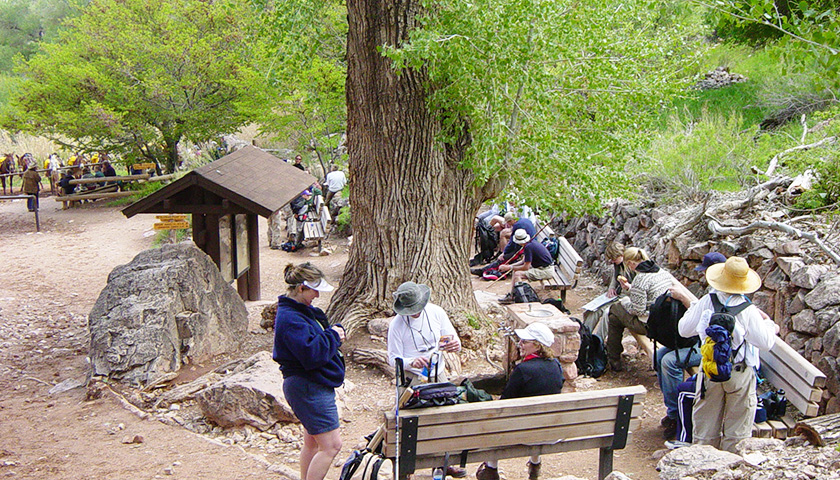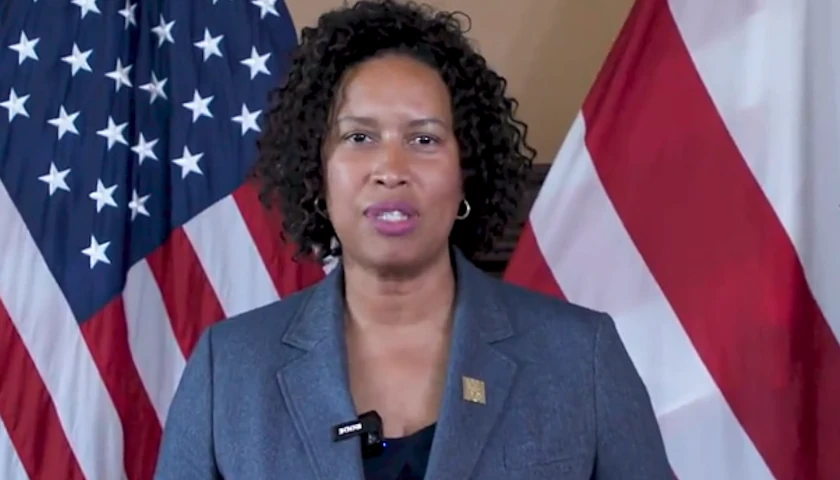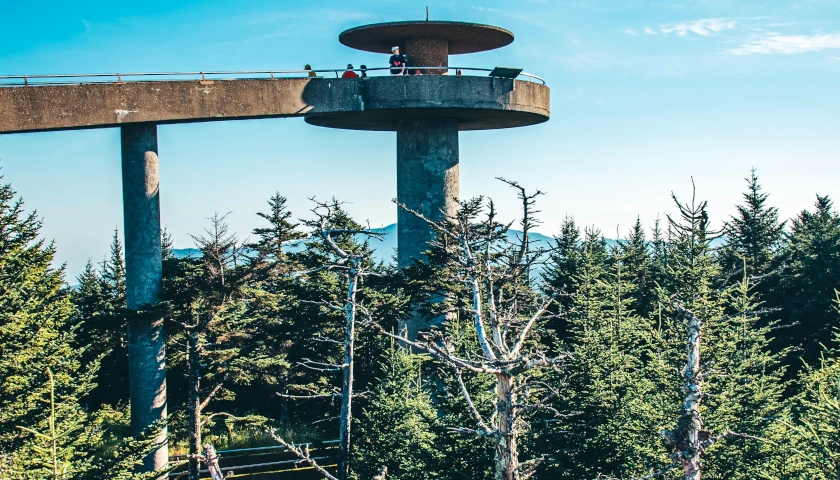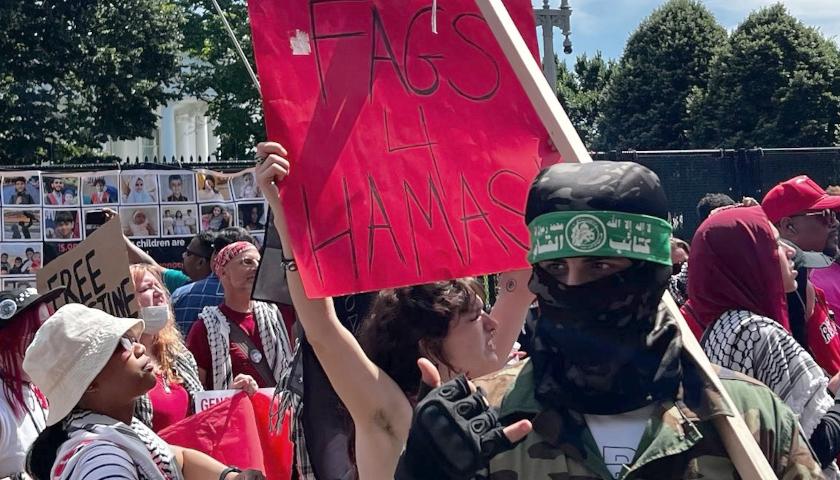A popular stop for day hikers and backpackers in Arizona’s Grand Canyon National Park is undergoing a name change, according to a press release by the National Park Service (NPS).
Earlier this month, the U.S. Board of Geographic Names voted unanimously (19-0) in favor of a formal request submitted by NPS on behalf of the Havasupai Tribe to change the name of the Grand Canyon’s Indian Garden to Havasupai Gardens.
Havasupai Gardens is along the Bright Angel Trail in Grand Canyon National Park.
As a result of NPS policies, Havasupai people were forced from Ha’a Gyoh (Havasupai Gardens) and captain Burro, the last Havasupai resident, was forcibly removed from the area in 1928. Despite being forced out of the inner canyon, the Havasupai people continued to live and work within the Grand Canyon National Park, according to NPS.
“The eviction of Havasupai residents from Ha’a Gyoh coupled with the offensive name, ‘Indian Garden,’ has had detrimental and lasting impacts on the Havasupai families that lived there and their descendants,” said The Havasupai Tribe Chairman Thomas Siyuja, Sr. “Every year, approximately 100,000 people visit the area while hiking the Bright Angel Trail, largely unaware of this history. The renaming of this sacred place to Havasupai Gardens will finally right that wrong.”
The updated name will be on updates signage, website, and other materials with a rededication ceremony in early Spring 2023, according to NPS.
This new name change is not the first. The Department of the Interior Advisory Committee on Reconciliation in Place Names – which consists of 17 members representing Tribes and Tribal organizations, Native Hawaiian organizations, and members of the public who have expertise in fields including civil rights, history, geography and anthropology – announced successful efforts in September to remove the word ‘Squaw’ from nearly 650 geographic features across the country. The term has historically been used as an offensive ethnic, racial and sexist slur, particularly for Indigenous women, according to the Department of the Interior.
– – –
Kaitlin Housler is a reporter at The Arizona Sun Times and The Star News Network.
Photo “Havasupai Gardens” by Grand Canyon National Park. CC BY 2.0.





